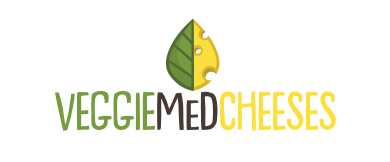MISSION
The Mediterranean is home of many world-famed traditional cheeses, which are increasingly demanded in their veg-friendly versions, that is without animal rennet (Vegetarian Times, 2016, http://www.vegetariantimes.com/).
At the same time, with almost 12,000 of its species found nowhere else, the Mediterranean Basin is considered to be one of the planet’s biodiversity ‘hotspots’, due to the region’s high level of endemism (Blondel et al, 2010).
The aim of VEGGIE-MED-CHEESES is to study and build upon existing cheese making technologies in order to:
1. Valorize traditional and typical local cheeses by meeting the world-wide increase in the demand of cheeses made by non-animal rennet;
2. Assess the technological and socio-economic viability of the utilization and valorization of spontaneous herbaceous plants in the Mediterranean as traditional alternatives to animal rennet;
3. Build upon traditional knowledge and culinary heritage while establishing the conditions for better control of safety and quality of these traditional cheeses;
4. Improve the traditional cheese-making value chain.
Specific objectives are:
1. Acquiring in-depth knowledge on different thistle species and ecotypes candidates for possible use as milk-clotting agents;
2. Developing sustainable agronomic practices for thistle cultivation in the Mediterranean basin;
3. Characterizing thistle aqueous crude extracts (CEs) for selection of milk clotting agents with the most promising characteristics for exploitation in cheese-making;
4. Exploiting CEs for manufacturing of both local cheeses traditionally manufactured with thistle rennet and local cheeses traditionally manufactured with other coagulating agents;
5. Assessing the consumer needs, preferences and acceptance towards these cheeses and the potential value chain improvements.
